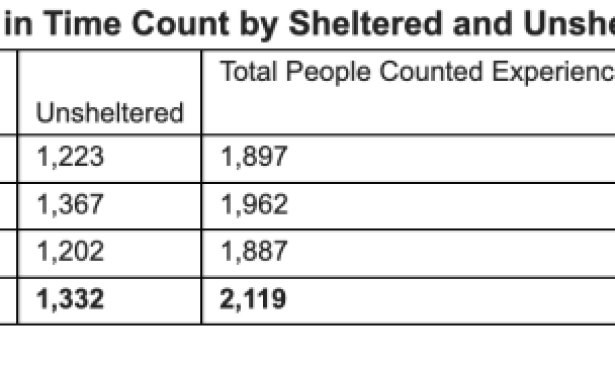Mass Gun Violence: Local Government Leaders Share First-Hand Perspective & Policy Thinking
It Can Happen Anywhere on Any Day: Are You Prepared?
The magnitude of gun violence in the United States is undeniable. The stark reality, all too apparent in recent years, is that mass gun violence tragedies can occur in any community on any day, most recently last week with the Washington, D.C. Navy Yard shooting.
A group of local government managers who have dealt first-hand with mass shootings in their communities participated in a panel discussion today about local governments’ roles in preventing and responding to gun violence, in which they discussed lessons learned from their experiences in dealing with the aftermath of their communities’ tragedies.
While the discussion around gun violence often focuses on congressional legislative prospects and federal agency practice and oversight, local governments have an essential role to play regarding gun violence policy and procedures, both in preventing and responding to mass gun violence tragedies.
Panelists at today’s session discussed personal experiences and public policy lessons learned. The managers discussed what they have learned about gun violence prevention, emergency preparedness and response, caring for the victims and their families, handling the media onslaught and aftermath of an event, and dealing with the ongoing emotional impact on the community and first responder workforce.
From the panel:
George “Skip” Noe, city manager, Aurora, Colorado:
“Aurora’s story is one of the resilience of people. Throughout this entire tragic event, the people of Aurora have determined that we will not allow one isolated act of violence to either define or limit us as a community. By following the lead of the victims and supporting one another, we continue to find the right path forward in the healing process.”
Gerald “Jerry” Peterson, city administrator, Oak Creek, Wisconsin:
“We can’t control whether these events will happen in our community, but we can and must have an appropriate and measured response to reassure the victims in our community that we will be all right and will not be defined by the tragedy.”
Deanna Santana, city administrator, Oakland, California:
“Although Oakland is no stranger to the ravages of gun violence, the mass shooting at Oikos University was unprecedented for our city in its violence and senselessness. I was proud of the professional, speedy response of the Oakland Police Department that day, and we were grateful for the rapid assistance of eight local, state, and federal law enforcement agencies. Together we brought the shooter into custody quickly and without further incident. Our community rose to the challenge as well, providing support to witnesses, victims, and their families so the healing process could begin without delay. These types of events underscore how important it is for a community to come together during the immediate response and its aftermath. I hope our collective insight will help other communities should they find themselves addressing a similar situation.”
Daniel Singer, city manager, Goleta, California:
“When tragedy strikes, cities have an important role to play. As the level of government that most closely represents and reflects the community, it is our responsibility to be the voice of comfort, compassion, and resilience.”
Rudolph Smith, city manager, Norcross, Georgia:
“It’s especially important in a diverse community to be prepared to communicate with all residents who might be touched by a violent incident. It’s crucial to build relationships and trust with local leaders, churches, and other institutions before something happens so that you have the resources, such as translators, to respond effectively in a crisis.”
Ron Carlee, city manager, Charlotte, North Carolina (moderator):
“The diversity of communities that have experienced a major incident of gun violence undeniably demonstrates that it can happen anywhere at any time. It is critical that every local government take advantage of the experiences of others and develop contingency plans to deal with the unthinkable.”
The panel was hosted by ICMA, the International City/County Management Association, in conjunction with the organization’s 99th annual conference this week in Boston, MA.
The speakers that participated in the panel are just a few of the more than 4,000 key decision makers and guests from local governments throughout the world gathered at the John B. Hynes Veterans Memorial Convention Center in Boston, Massachusetts, September 22-25, as part of ICMA;s 99th Annual Conference. Details about the conference are available at: http://icma.org/en/icma/events/conference/welcome
Read ICMA’s PM (Public Management) magazine cover story from April 2013 by call moderator Ron Carlee: “Gun Violence: Management Steps to Take Now.”
For more information on the panel or the ICMA conference, contact Michele Frisby at 301.646.1918 or mfrisby@icma.org
ICMA, the International City/County Management Association, advances professional local government worldwide. Our mission is to create excellence in local governance by developing and fostering professional management to build livable communities that improve people’s lives. ICMA provides member support; publications; data and information; peer and results-oriented assistance; and training and professional development to nearly 9,000 city, town, and county experts and other individuals and organizations throughout the world. The management decisions made by ICMA’s members affect millions of individuals living in thousands of communities, from small villages and towns to large metropolitan areas.


